Nighttime lighting demonstrations, aka “the demo”, are one of the best selling tools in the outdoor lighting industry. Since the early 90’s, companies across the nation have been performing nighttime demos to show their prospective clients what the finished product will look like when the job is complete. The Nighttime demo is a great selling tool because it also provides the flexibility of immediately responding to your customer’s varied tastes. This helps you personalize each project and give your proposal the dramatic impact it takes to land the sale.

Until a few years ago almost every outdoor lighting business offered FREE nighttime demos. With increasing competition and homeowners becoming more familiar with the concept of landscape lighting, many professionals are charging for design proposals. Charging for design proposals is a hot topic in many industries. There are pros and cons but those who have been in the industry for some time feel that demos are what is needed to sell the project and thus keep the landscape lighting industry alive and well.
You as a professional have to look at yourself as not only an installer but more importantly, a designer. Asking someone to pay for a design is not asking too much. After all, your design is part of the reason the customer is choosing to go with you. Think about the landscape industry; landscape architects charge for their landscape designs so why are you not charging for yours? By charging for your nighttime design proposals you are not only pre-qualifying your potential buyer, but you are also charging for your designs and ideas. After all, your designs, ideas, and proposals take time and experience; right?
So, how much should you charge for your nighttime demonstrations? Well, this depends on the time involved, size of the lighting project, etc. Some will charge $95 – $350 for their demos. The price variance for a nighttime demo depends on what is included in the lighting proposal. If the client decides they would like to proceed with the work after the demo is complete then a contract is signed and the “design fee” for the nighttime proposal is waived. If the client feels that they need to get a few other estimates or think about your proposal, then the client will pay the design fee at the end of the demo.
Keep in mind, your goal is to sell more landscape lighting projects, not to deter business due to charging for your nighttime demo. The goal is to establish a practice that helps you cover some of the expenses involved with the design process and prevent you from chasing leads that aren’t serious about your services. After reading this blog, ask yourself what your time, experience and design time is worth? If you feel this is something you should begin charging for, then look at your time involved with each project and determine your appropriate rate.

